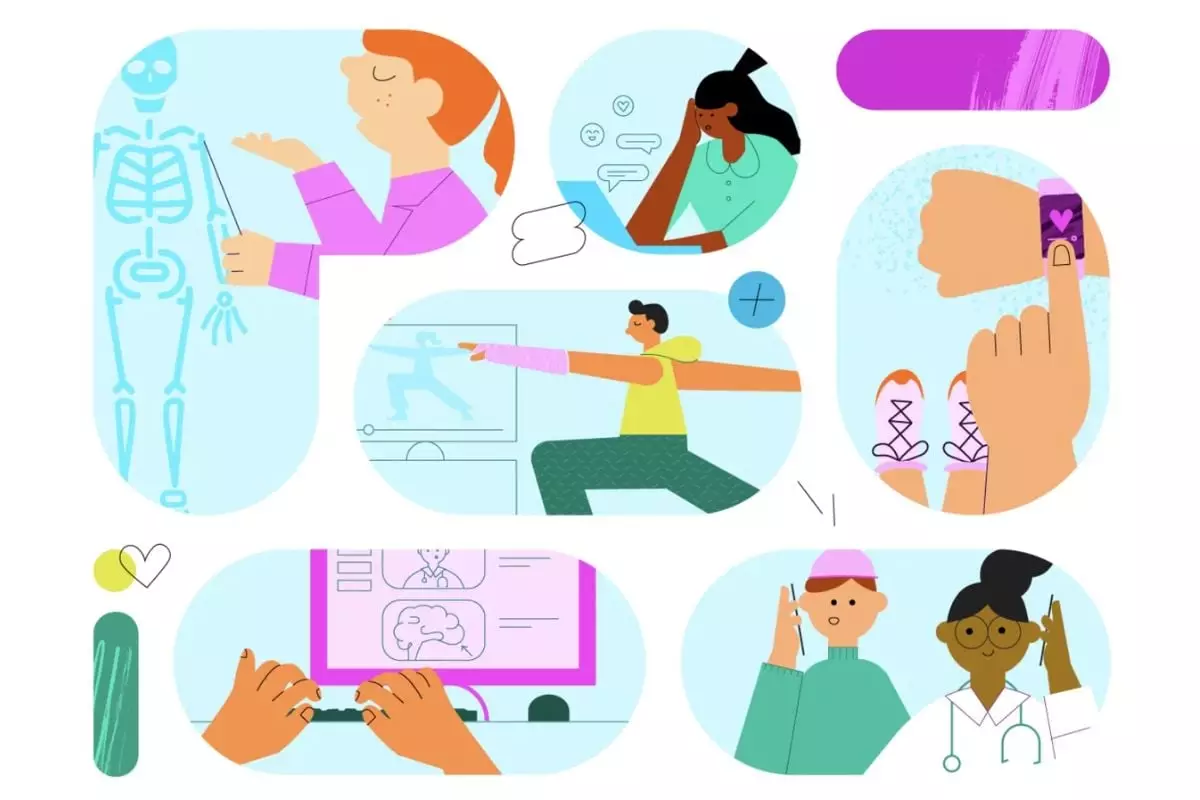The digital landscape has dramatically changed the way we consume information, especially regarding our health. YouTube, the premier video-sharing platform, is taking significant steps to enhance how health information is disseminated through its platform. Last week, it announced an expansion of its health-related initiatives, aiming to empower verified healthcare professionals to contribute quality medical content. The move underscores the growing recognition of the need for credible health information in an age where misinformation can easily proliferate.
One of the pivotal features that YouTube is increasing access to is its ‘health content shelves’. These curated spaces showcase videos from reliable sources right at the top of search results when users search for health topics. Previously limited to accredited health organizations, this feature is now being extended to licensed doctors, nurses, and other certified healthcare professionals. The intent is clear: to connect users with high-quality, credible medical information and combat the rampant clickbait tactics that often mislead viewers seeking guidance on critical health issues.
The platform operates health content shelves like a carousel, allowing users to scroll through a variety of verified content efficiently. Such initiatives are particularly crucial in a digital era where anxiety regarding health is prevalent, and users often turn to online platforms for answers. As users explore conditions such as diabetes or heart disease, they will be greeted with reliable, vetted information from healthcare professionals who are invested in their well-being. This not only strengthens the trustworthiness of the content but also reaffirms that YouTube is dedicated to promoting factual health narratives.
Accompanying the health content shelves is the introduction of ‘health source information panels’. This feature performs an essential role in enhancing user confidence in the information they are consuming. By clearly identifying that the content comes from a verified healthcare provider, these panels serve as a commendable point of reassurance. YouTube’s move to include registered healthcare professionals in this initiative suggests a strategic pivot to incorporate a diverse range of voices within the healthcare community.
To become part of this initiative, interested healthcare professionals must meet specific criteria. Their applications will be vetted based on adherence to best practices established by authoritative health organizations, such as the World Health Organization and the National Academy of Medicine. Additionally, their standing within the YouTube community must reflect compliance with platform guidelines, ensuring that only reputable professionals contribute to the health discourse.
The underlying premise of expanding such initiatives stems from the alarming rise of health-related misinformation, particularly on social media and video-sharing platforms. In an environment where viral trends can sometimes overshadow factual medical information, YouTube’s initiative stands as a beacon of hope for users seeking reliable guidance. By allowing a broader array of health professionals access to these platforms, YouTube is not simply increasing the volume of health-related content but improving its quality.
It is crucial for users to discern well-rooted health advice from sensationalized narratives that often saturate the internet. Providing dedicated platforms for accredited professionals helps elevate the standard of health information available to the public. This step not only encourages user engagement with authentic health content but also fosters a culture of accountability among content creators.
As YouTube anticipates expanding its health-related initiatives to more medical specialties, it broadens opportunities for specialized healthcare information to reach the masses. The coming months are likely to see a surge in health-focused content, reflecting various medical disciplines, from pediatrics to mental health.
YouTube’s strategy to incorporate verified healthcare experts into its health information ecosystem reflects an understanding of the critical role digital platforms play in shaping public health narratives. As the initiative evolves, it holds great promise for improving health literacy, ensuring that individuals are well-informed and empowered to make decisions regarding their health. In an era dominated by information overload, YouTube’s expanded health initiative could be key to restoring the integrity of health information online.


Leave a Reply
You must be logged in to post a comment.